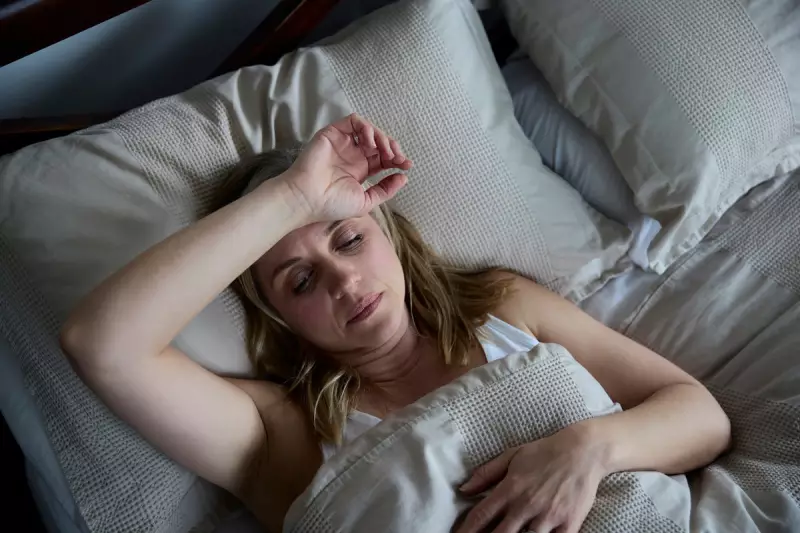
Groundbreaking research from the United States suggests that self-pleasure could offer significant relief for women navigating the challenging symptoms of menopause and perimenopause.
The Science Behind Self-Pleasure and Symptom Relief
Conducted by the prestigious Kinsey Institute at Indiana University and funded by sex toy company Womanizer, the study surveyed 1,178 women aged 40–65. Researchers categorised participants as perimenopausal if they had experienced period changes but had at least one period in the previous year, and as menopausal if they had not had a period for a year or longer.
The findings revealed that approximately four in five women had engaged in masturbation at some point. Crucially, among these women, about 20% reported that it alleviated their symptoms to some degree.
The specific benefits varied between groups. For perimenopausal women, the most notable improvements were in sleep difficulties and irritability. For a smaller cohort of menopausal women, masturbation provided the most relief for vaginal pain, bloating, and painful urination.
Understanding the Physical and Psychological Benefits
These findings align with previous research indicating that achieving orgasm through masturbation can help reduce anxiety, ease psychological distress, and improve sleep quality. Scientists propose that the release of endorphins during orgasm is a key factor, contributing to improved mood and pain reduction.
Furthermore, sexual stimulation can induce vaginal lubrication and increase blood flow to the genital area, which may help maintain vaginal function and reduce discomfort. However, the study authors acknowledge that research into the health benefits of masturbation remains sparse, partly due to the stigma still associated with the topic.
Barriers and Potential for Wider Acceptance
Despite the potential benefits, the study identified several barriers. Nearly one in five women surveyed had never masturbated, with higher rates among older, menopausal women, potentially reflecting generational differences in attitudes.
Some women cited moral or religious objections, while others faced practical hurdles like limited privacy, loss of libido, or physical limitations affecting dexterity. The silence surrounding the topic also extends to healthcare; almost none of the women had ever discussed masturbation with a doctor.
Yet, there is clear openness to change. About 56% of perimenopausal women indicated they would be willing to masturbate more frequently to manage symptoms if their doctor recommended it.
While masturbation is not a universal solution and a small number of women reported it worsened their symptoms, researchers conclude it is a safe, free, and accessible strategy that warrants more open discussion as a potential tool for improving quality of life during menopause.






